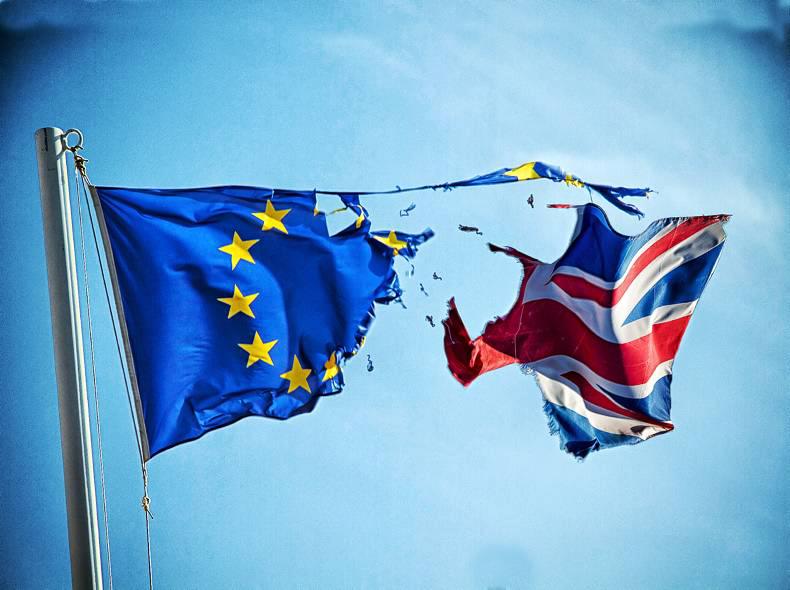Over here, we have three sayings: "Trust me, I am a politician"; "The cheque is in the post"; and "Of course I will still love you in the morning." Those wishing for Brexit obviously firmly believe the first one and also believe that financial support for agriculture will continue.
In Jersey, where they stayed outside the EU, farmers are hoping we leave Europe.
When the UK went in, they lost access to the British markets and did not receive EU benefits. Unable to compete, their vegetable industry went into downturn. The Jersey Farmers Union, which favours Brexit, stated: “There is clear evidence that a Brexit vote would see UK farmers disadvantaged as they would no longer have access to the lucrative CAP fund and it is quite unlikely that the UK would in the long term match the 4.1 billion pounds currently paid to its farmers."
British government's commitment to agriculture
In the local Man Shed last night the subject of Europe came up - I was with two old retired farmers who both wanted out, for reasons of sovereignty and independence. No one has yet persuaded me there is an economic reason to leave. One of these farmers had his young son at his side. This lad was keen to know my reasons for staying in.
I pointed out that I was nervous about British Governments’ commitment to agriculture and cited history.
In 1888, when the British Government repealed the Corn Laws, ie removed the import tax off grain, the farmers rebelled and threatened revolution as they feared bankruptcy. However, there were not vast amounts of grain around the world to threaten their existence.
I am sure that if we come out of Europe, once again successive governments will be happy to acquire cheap, subsidised food from around the world
When, in the early 1900s, the age of steam and mechanisation allowed the cultivation of the Canadian prairies and steam ships to bring vast amounts of grain into Britain, it brought about the agricultural depression of the '20s and '30s. Farmers became destitute and some walked off the land but the Government saw no reason to take action as they now felt they could feed the population from around the world.
Subsidised farming
I went on to explain how the situation continued until the outbreak of the Second World War and Hitler started blowing the food ships out of the water and Britain looked like starving. So began subsidised farming to increase production at home. After the war subsidies continued because every government wanted cheap food for the voters. The subsidy system was then superseded by the CAP.
You have obviously thought this out seriously and it’s not just a knee-jerk reaction
I am sure that if we come out of Europe, once again successive governments will be happy to acquire cheap, subsidised food from around the world. We are already seeing this through the threatened South American deals. I said that as far as I can see history is about to repeat itself. The boy looked at his father and showing wisdom beyond his years said, “you have obviously thought this out seriously and it’s not just a knee-jerk reaction.”
I was quite flattered to have been able to bring reasoned debate to a fertile, open mind. I didn’t think that I needed to go on and highlight the need for food security at the time of terrorist threats and potential food contamination on a large scale.
Brexit campaign gets poll boost
Listen: Brexit: political ‘scaremongering’ not swaying farmers





SHARING OPTIONS